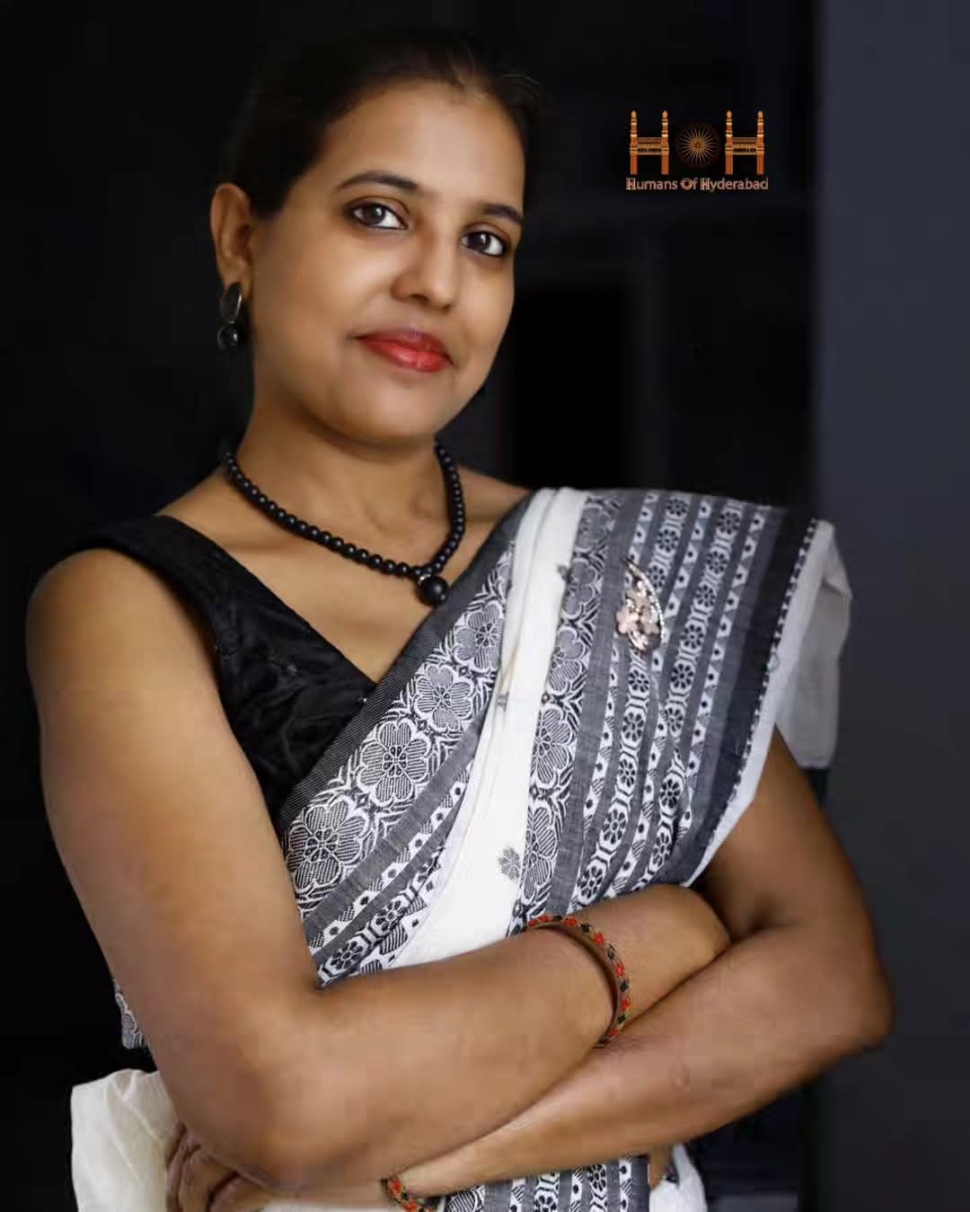“Theatre is my second home! I have been acting since I was three years old. My first performance was in a fancy dress competition, where I dressed up as a traffic light. When I heard the audience clap, I felt something I couldn’t put into words at that age—but I knew I liked it.
Growing up in a Bengali household, I was always surrounded by art, especially during Durga Puja. Our community hall would host cultural programs, and I would take part in dance and drama. That’s where I first experienced the stage properly. Since then, performing has been a constant in my life. But my professional journey began in 2002, during my college days.
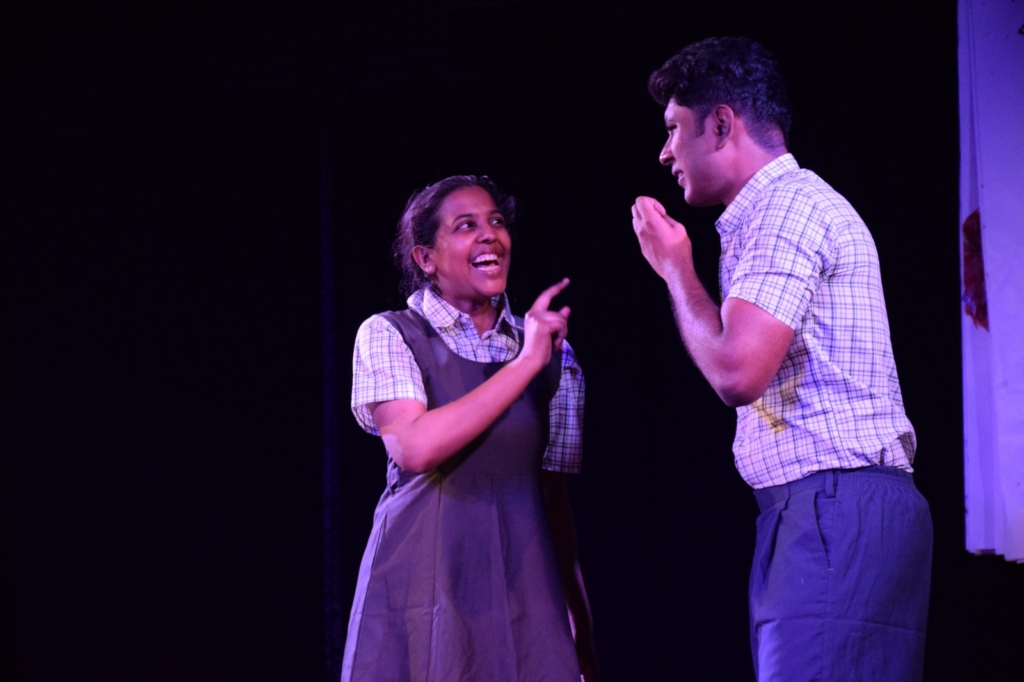
I was studying at Mount Carmel College, Bengaluru, and was an active member of the Dramatics Club. That’s also when I started performing professionally with Jagriti Theatre, working under Arundhati Raja and Jagdish Raja. Theatre, at that point, became more than just an interest—it became a part of who I am.
Coming from a defence family, we moved across the country, and that cultural exposure shaped me in many ways. I have always been curious about people, their traditions, and their stories. This made theatre even more special for me because it allows me to step into different lives and perspectives.
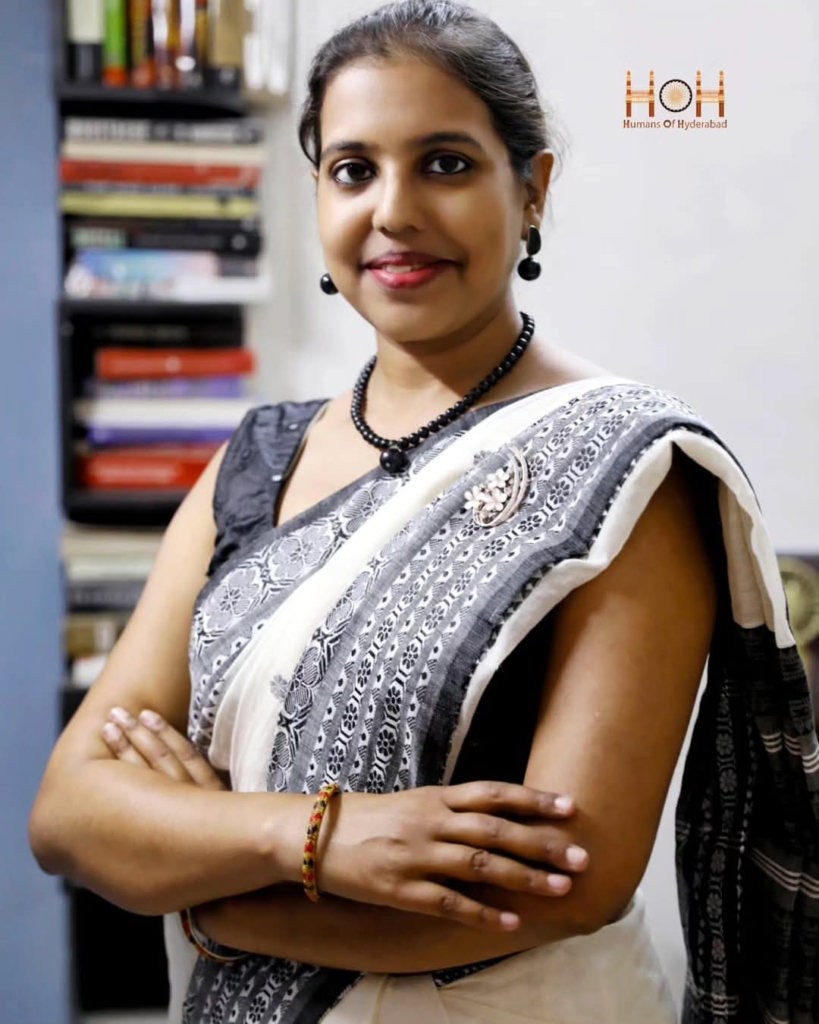
Art runs in my family. My mother was a theatre artist, trained by renowned actor, Om Shivpuri, and she also loved Urdu poetry and wrote shaayari. My grandmother was a prolific writer and singer, and she used to sing Rabindra Sangeet. I think that creative environment naturally pulled me towards the arts.
In theatre, I have drawn inspiration from some of the finest minds. Ebrahim Alkazi, the founder of the National School of Drama, has always been someone I admire. I was fortunate to have interacted with Girish Karnad, whose storytelling was deeply rooted yet always ahead of its time. I also met Satyadev Dubey, another brilliant director, and those conversations left a lasting impact on me. What I respect the most about them is their commitment to their craft—they never stopped learning or exploring.
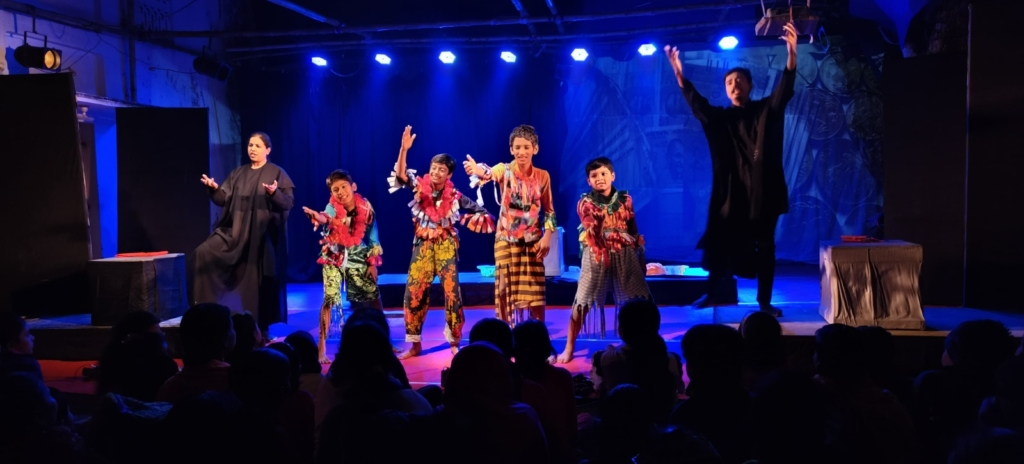
In Hyderabad, I’m happy to see theatre growing. There are new theatre groups, collectives, and platforms for literature and performing arts. It’s moving in the right direction, but audiences need to support theatre artists more. A performance is not just about what happens on stage; it’s a shared experience between the actors and the audience.
Over the years, I have performed in more than 500 shows. Some of my most memorable roles include Gandhari in Mahabharat, a one-hour-fifteen-minute monologue in Arundhati, and a recent monologue where I played a rape survivor. That last role was particularly moving because of the reactions it received—many in the audience came up to me after the show, wanting to express their emotions, some even saying they just wanted to hug me. Moments like those remind me why I do theatre. I am also incredibly grateful to my director, Dr. Ram Mohan Holagundi, who has always encouraged me to push beyond stereotypes and explore different roles.
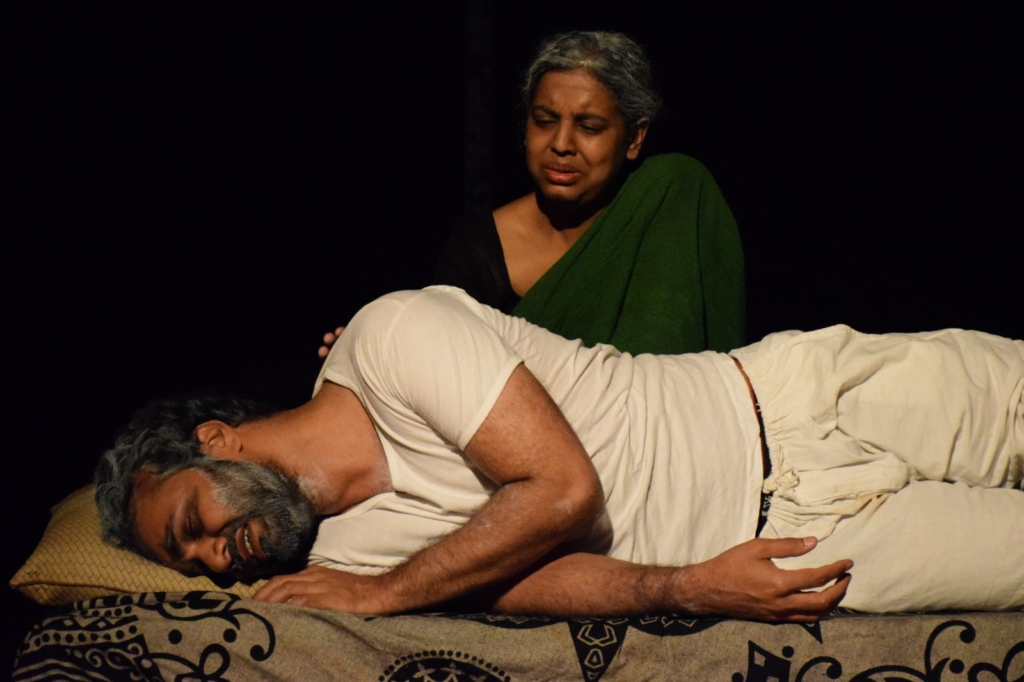
Theatre has given me a lot—not just as an artist, but as a person. It teaches discipline, helps you understand yourself, and pushes you to face your vulnerabilities. If there’s one message I’d like to share, it’s this: always be a student. Theatre is a beautiful space where you get to explore different sides of yourself. Stay honest, stay passionate, and let art shape you into a better person.
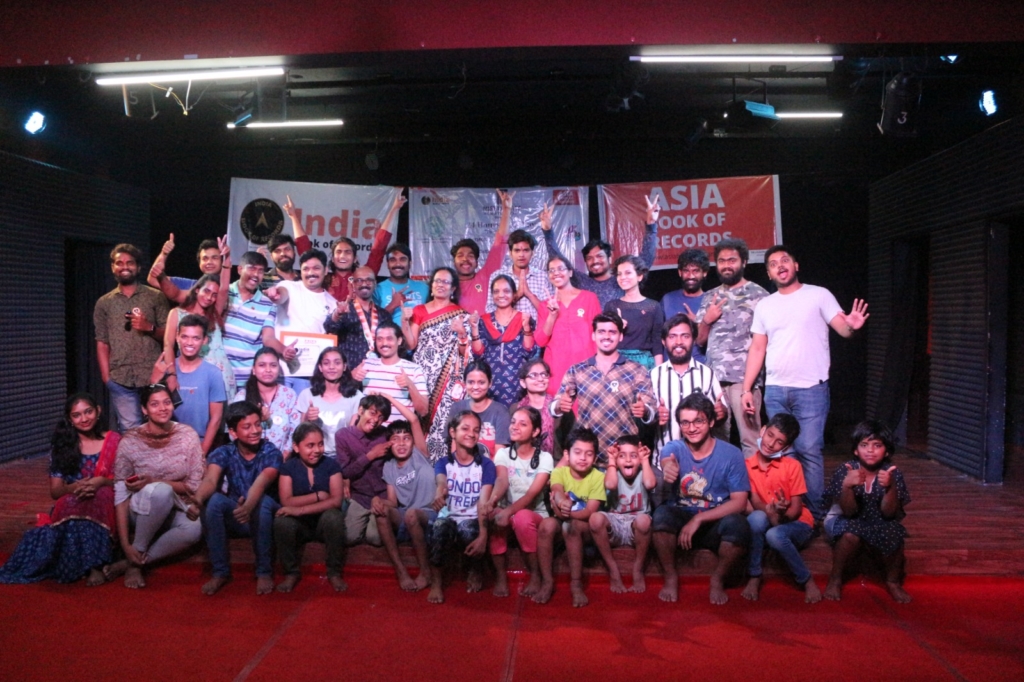
One of the biggest milestones in my journey was being part of Nishumbita School of Drama’s world record on March 27, 2022. We created the longest multilingual theatrical play marathon directed by a single director, a feat recognised by both the India Book of Records and the Asia Book of Records.
On this World Theatre Day, I look back with gratitude at all the roles I’ve played, the stories I’ve told, and the people I’ve met along the way. And I look forward to many more.”
– Devika Das, Theatre Artist, Author
#WorldTheatreDay
